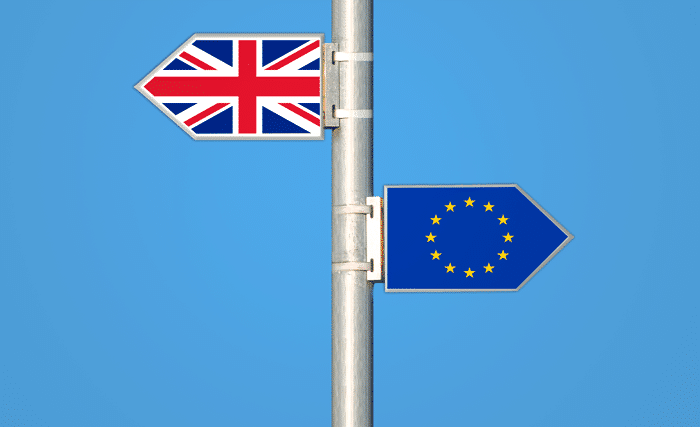In the referendum held on June 23, 51.9% of the British electorate voted in favor of Brexit, which provides for the withdrawal of the UK from the European Union. While the economic impact of this vote is already being felt, especially in the sharp fall in stock prices and the historical decline in the value of the pound, the insurance industry is reassuring about its capacity for resilience.
Standard & Poor's says insurers have limited exposure
According to Standard & Poor's, the British vote should not result in any actions on the ratings of UK insurers.
The rating agency believes that the insurance industry has less exposure to the effects of Brexit than rest of the financial sector. Although it accounts for about one-third of net exports of financial services, the insurance industry is far more dependent on trade with countries outside the European Union, especially the United States. The sector also receives a very limited amount of foreign investments.
In addition, although the nature of future business relations between the UK and the EU are still to be defined, Standard & Poor's believes that British insurers operating in the EU should be able to continue their activities. The same is expected to be true for European insurers operating in Britain.
The only downside for Standard & Poor's is that the period of uncertainty could weigh down future investment returns for insurers and possibly the rate of future economic growth.
A. M. Best will discuss the situation with European insurers
A. M. Best has come to much the same conclusion, and does not expect to take any action on insurance company ratings in the wake of the British vote.
The agency notes, however, that the financial market volatility resulting from the current period of uncertainty could materially affect insurers' results for 2016. A. M. Best has indicated that it will discuss the situation with European insurers, but it will continue to apply a forward-looking vision when assessing the financial strength of insurers.
Great-West reassures its customers and partners
Great-West Lifeco issued a statement following the UK's vote in favour of withdrawing from the European Union. In particular, it states that the company will continue to work closely with customers, business partners, and regulators in the UK during the coming years.
"Our companies in Europe have strong, stable businesses and a diversified investment portfolio. They are appropriately capitalized," commented Great-West Lifeco's president and CEO Paul Mahon. "We remain committed to these markets."
"We have undertaken an in-depth analysis of the potential risks to our businesses, and notwithstanding the potential for increased market volatility and uncertainty that may arise, our businesses are resilient and we maintain significant financial flexibility," explained the CEO.
Manulife warns of continued uncertainty
Kevin Headland, senior investment strategist at Manulife Investments, notes that there was already uncertainty about the UK's economic growth and immigration policies before the vote. "This uncertainty will continue," he says. "Economic growth is still weak "
He points out that the European zone's economy is still struggling, and says that the vote has not changed anything in terms of economic growth. "What we are telling clients in these uncertain times is to be really diversified and to be a little more conservative with their investment portfolios. Now is the time to position for the long term, not necessarily for the short term. "
Manulife experts discuss impact of Brexit




